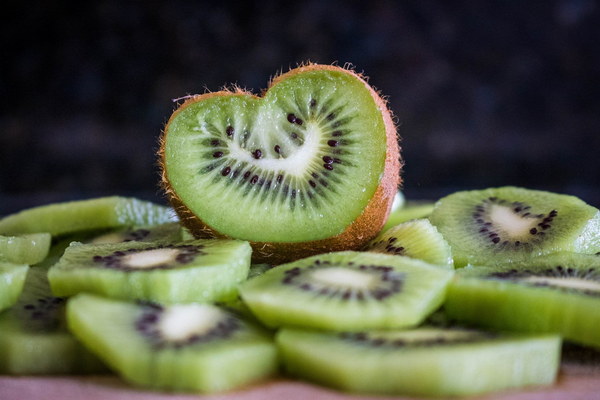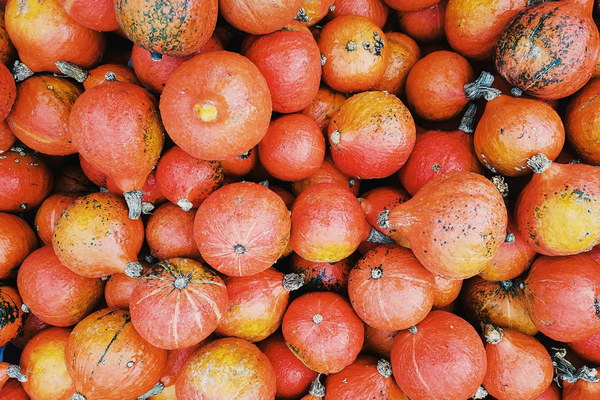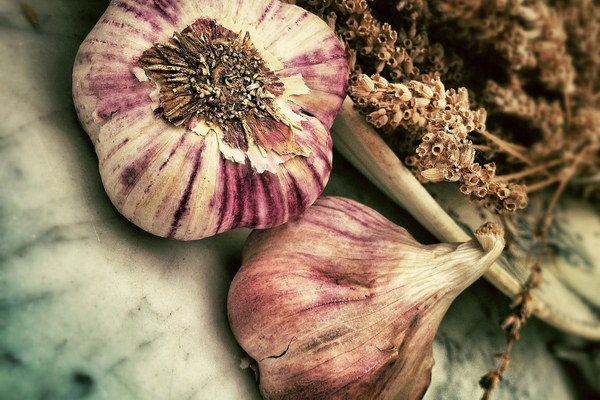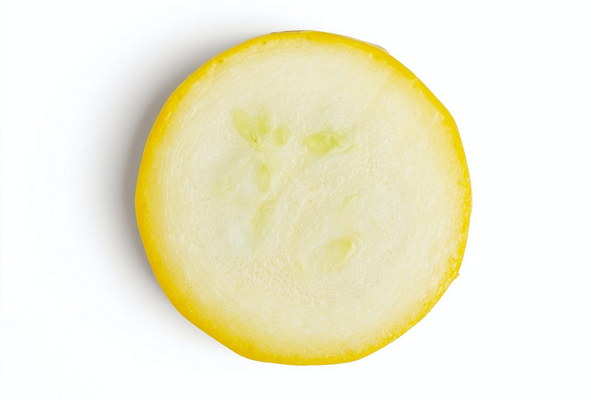Cultivating Kidney Health Essential Tips for Winter Wellness
As winter approaches, the cold weather brings with it a unique set of challenges that can impact our overall health, particularly our kidneys. The kidneys are vital organs responsible for filtering waste products from the blood, regulating electrolytes, and balancing fluids in the body. To ensure that your kidneys remain healthy throughout the colder months, it's essential to adopt a few key strategies. Here's a comprehensive guide to help you cultivate kidney health during the winter season.
1. Stay Hydrated
During the winter, we often experience lower temperatures that can lead to a decrease in thirst, causing us to drink less water. However, staying hydrated is crucial for kidney health. Adequate fluid intake helps maintain healthy urine flow, which is essential for flushing out waste products and preventing kidney stones. Aim to drink at least eight glasses of water per day, and adjust your intake based on your activity level and climate.
2. Wear Warm Clothing
Cold weather can put stress on the kidneys by constricting blood vessels and reducing blood flow. To protect your kidneys, dress warmly to maintain a stable body temperature. Wear layers of clothing, including a thermal base layer, a mid-layer for insulation, and a waterproof outer layer to protect against the wind and rain. Don't forget to cover your extremities with gloves, scarves, and hats, as cold hands and feet can indicate poor blood circulation.
3. Limit Caffeine and Alcohol Intake
Caffeine and alcohol can both be dehydrating, which can strain the kidneys. During the winter, it's even more crucial to limit these substances to reduce the risk of kidney damage. Opt for herbal teas and warm, non-alcoholic beverages like hot apple cider or ginger tea instead.
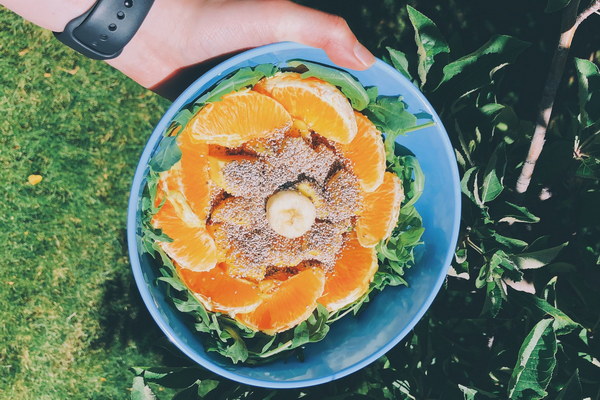
4. Maintain a Balanced Diet
A balanced diet rich in fruits, vegetables, whole grains, and lean proteins can support kidney health. Some specific foods that are beneficial during the winter include:
- Berries: High in antioxidants, berries can help reduce inflammation and protect the kidneys.
- Citrus Fruits: Citrus fruits are rich in vitamin C, which can help reduce the risk of kidney stones.
- Leafy Greens: Dark leafy greens like spinach, kale, and collard greens are packed with nutrients that support kidney function.
- Nuts and Seeds: Nuts and seeds, such as almonds, walnuts, and flaxseeds, are excellent sources of healthy fats and antioxidants.
5. Exercise Regularly
Regular exercise improves circulation, which can help maintain healthy kidney function. Engaging in moderate-intensity activities like walking, cycling, or swimming can help keep your kidneys in tip-top shape. Aim for at least 30 minutes of exercise most days of the week.
6. Manage Chronic Conditions
If you have a chronic condition like diabetes or high blood pressure, it's essential to manage these conditions effectively to protect your kidneys. Follow your healthcare provider's recommendations for medication, diet, and lifestyle changes.
7. Get Adequate Sleep
Adequate sleep is crucial for overall health, including kidney function. Aim for 7-9 hours of quality sleep per night to support your body's natural healing processes.
8. Monitor Your Kidney Function
Regular check-ups with your healthcare provider can help you monitor your kidney function. Blood and urine tests can detect early signs of kidney problems, allowing for timely intervention.
By following these tips, you can help ensure that your kidneys remain healthy throughout the winter season. Remember that maintaining kidney health is an ongoing process, so make these strategies a part of your daily routine year-round.
